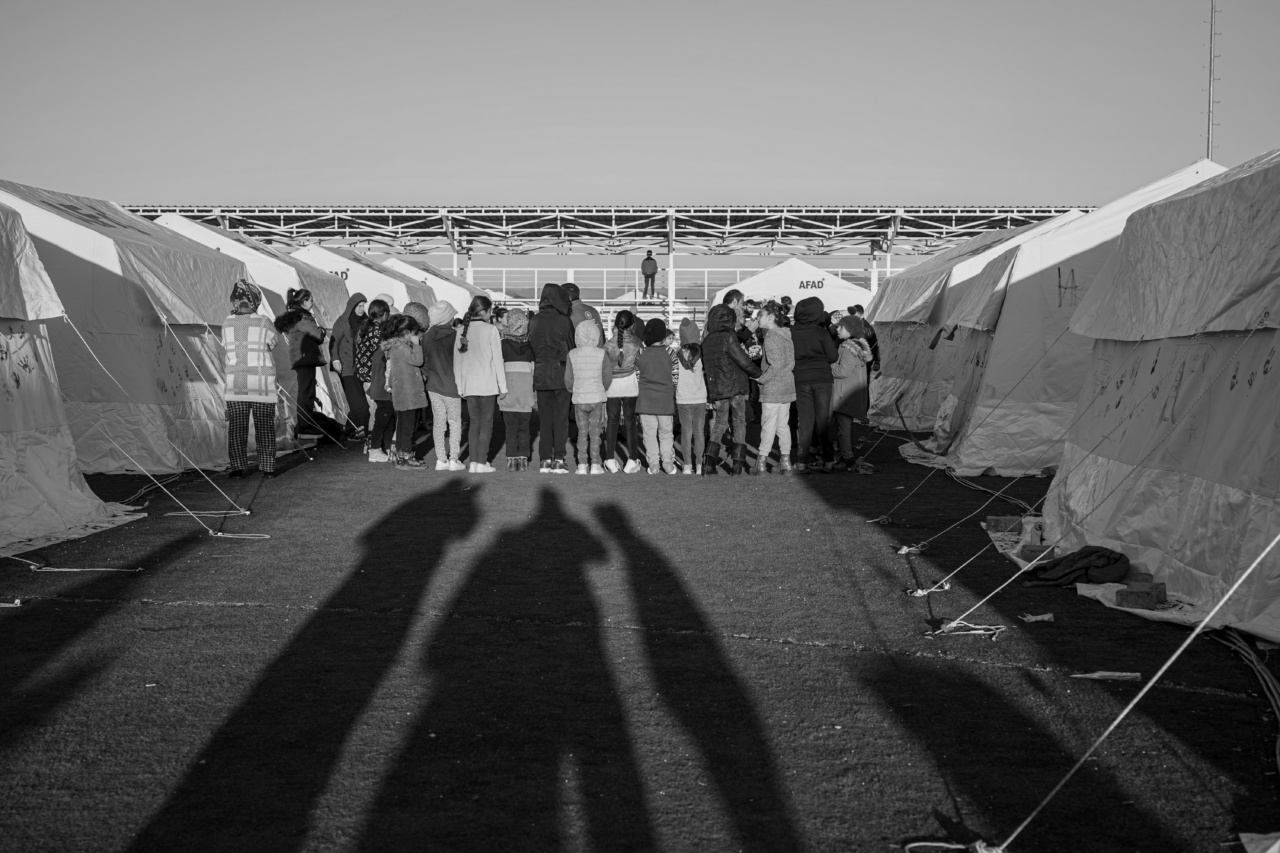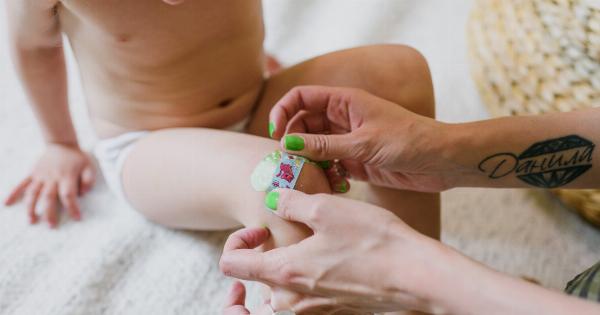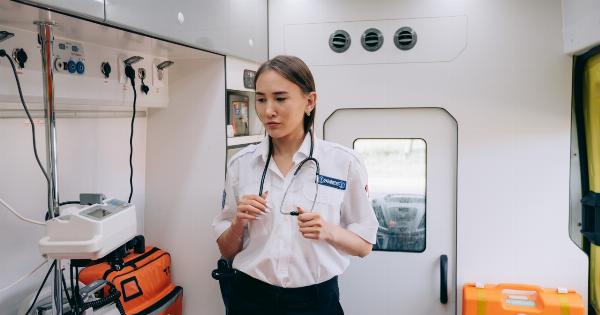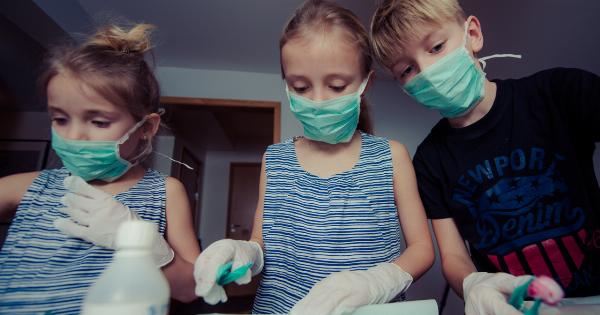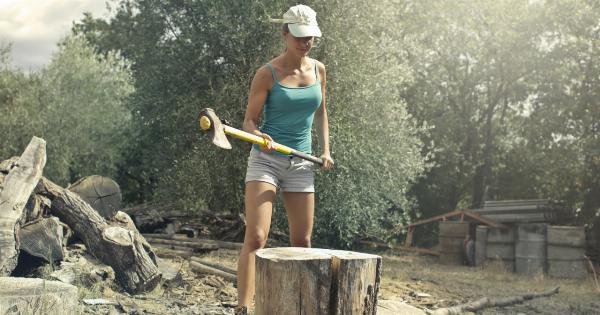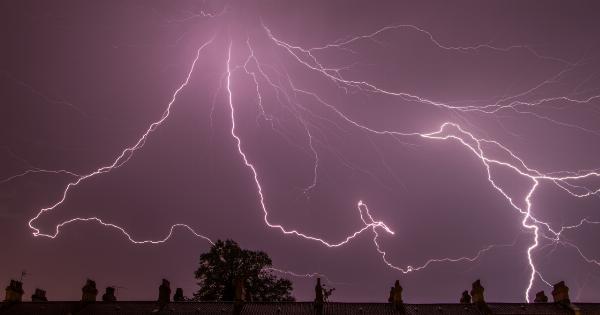Emergencies can happen at any time, and when they involve children, the situation can feel even more daunting. Young children tend to be more susceptible to injuries, and it’s important to be prepared in case of an emergency.
Knowing what to do in an emergency can make a big difference in the outcome of the situation.
Assess the Situation
Before starting any first aid measures, it’s important to assess the situation. Determine what happened, how severe the injury is, and how many people are involved. This information can help you determine the next steps to take.
Call for Help
If the injury is severe or requires immediate medical attention, call for help immediately. Dial 911 or your local emergency number to get medical professionals to the scene as fast as possible.
Control Bleeding
If your child has a wound that is bleeding, the first step is to try to control the bleeding. Apply direct pressure to the area with a clean cloth or bandage. Elevate the area if possible.
If the bleeding is severe or cannot be controlled, seek medical attention immediately.
Treat Burns
If your child has been burned, the first step is to remove any clothing or jewelry from the area. Run cool water over the burn for at least 10 minutes. Cover the area with a clean, dry cloth. Do not apply any ointments, as this can make the burn worse.
Seek medical attention if the burn is severe.
Immobilize Fractures
If your child has a suspected fracture, it’s important to immobilize the area. Do not move the injured area, as this can cause more damage. If possible, splint the area to prevent movement. Seek medical attention immediately.
Treat Poisoning
If you suspect your child has been poisoned, call poison control immediately. Do not induce vomiting unless instructed to do so by a medical professional. If your child is unconscious or having trouble breathing, call 911 or your local emergency number.
Manage Choking
If your child is choking and cannot breathe, call 911 or your local emergency number immediately. If your child is coughing, encourage them to continue coughing to try to dislodge the object.
If the object cannot be dislodged, perform the Heimlich maneuver.
Manage Seizures
If your child experiences a seizure, there are a few things you can do to help. Clear the area around your child and place them on their side. Do not try to restrain your child or put anything in their mouth.
Call 911 or your local emergency number if the seizure lasts longer than five minutes.
Manage Allergic Reactions
If your child has a known allergy and is experiencing an allergic reaction, administer any medication as prescribed. Call 911 or your local emergency number if the reaction is severe or if your child appears to be having trouble breathing.
Know CPR
Knowing CPR can be a lifesaving skill if your child stops breathing or their heart stops. Take a CPR class to learn this skill and keep your knowledge up to date.
Call 911 or your local emergency number if your child is not breathing or their heart has stopped.
